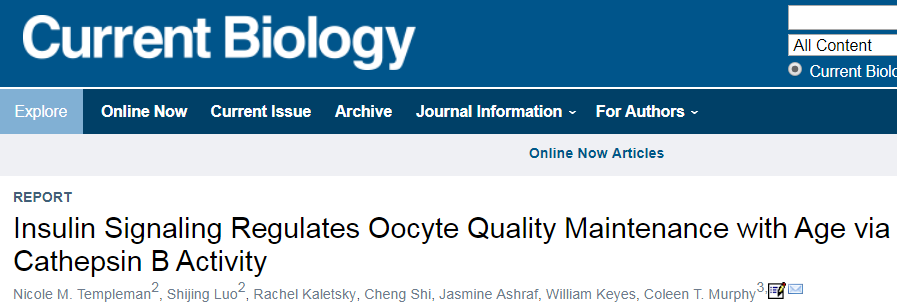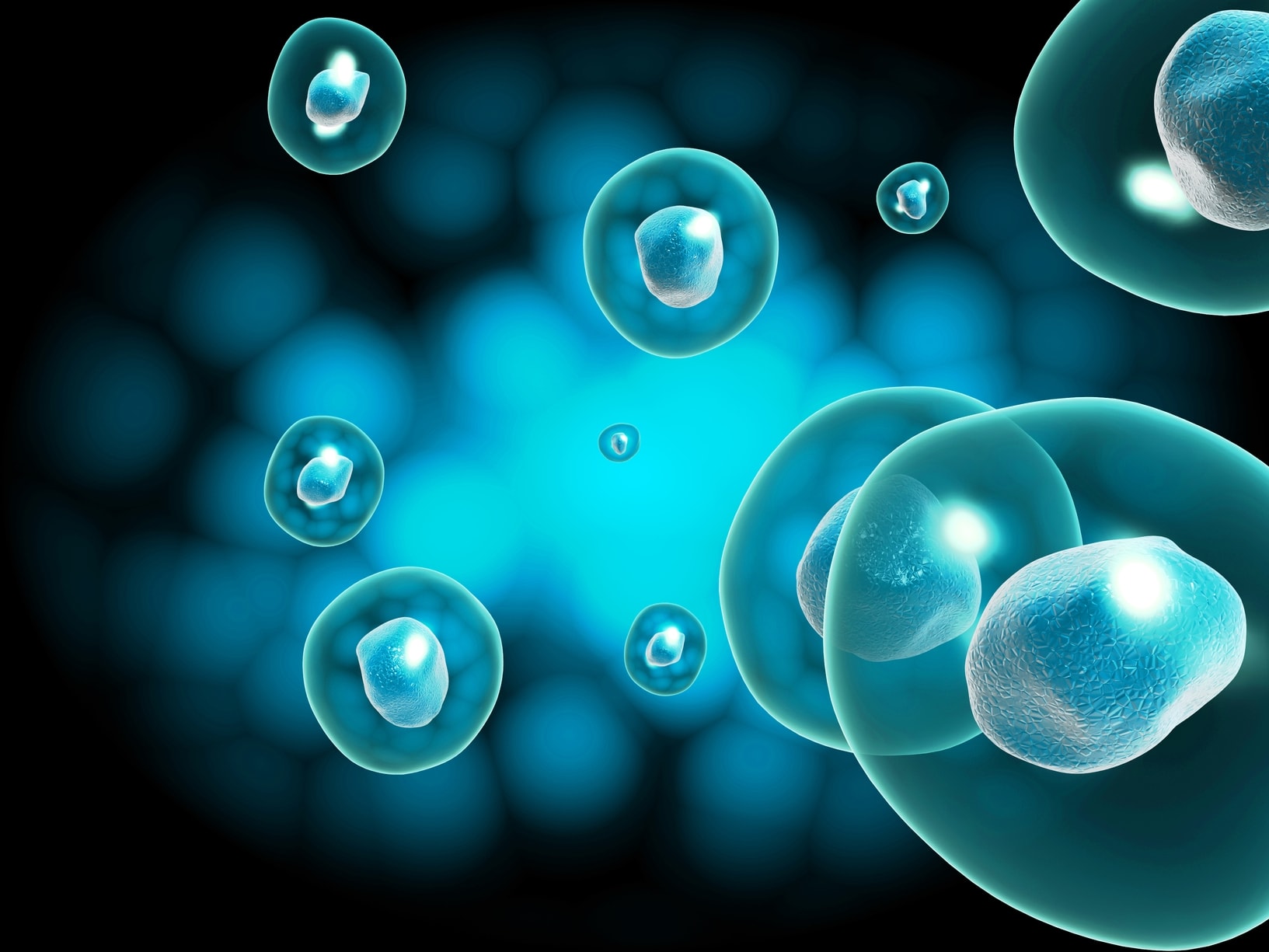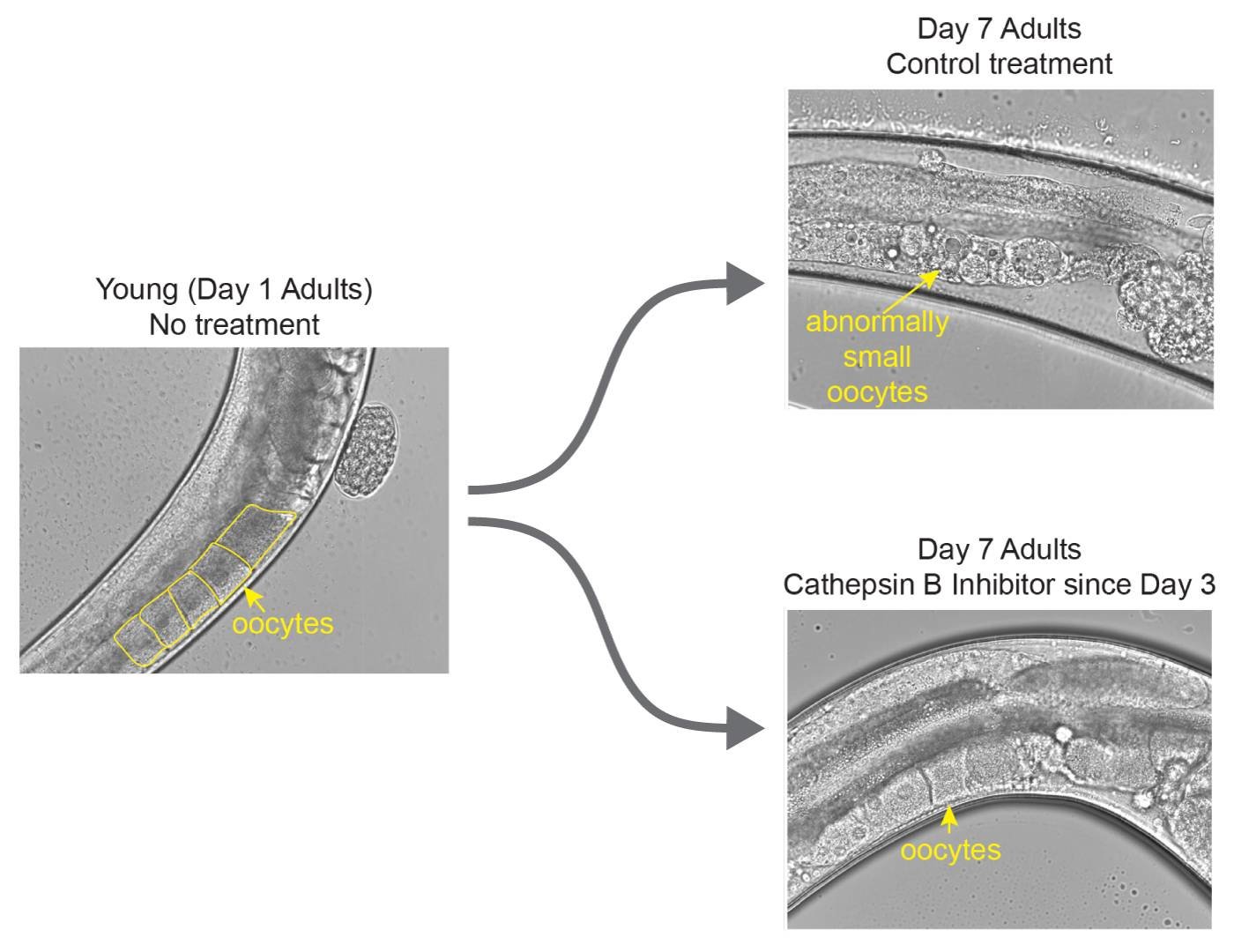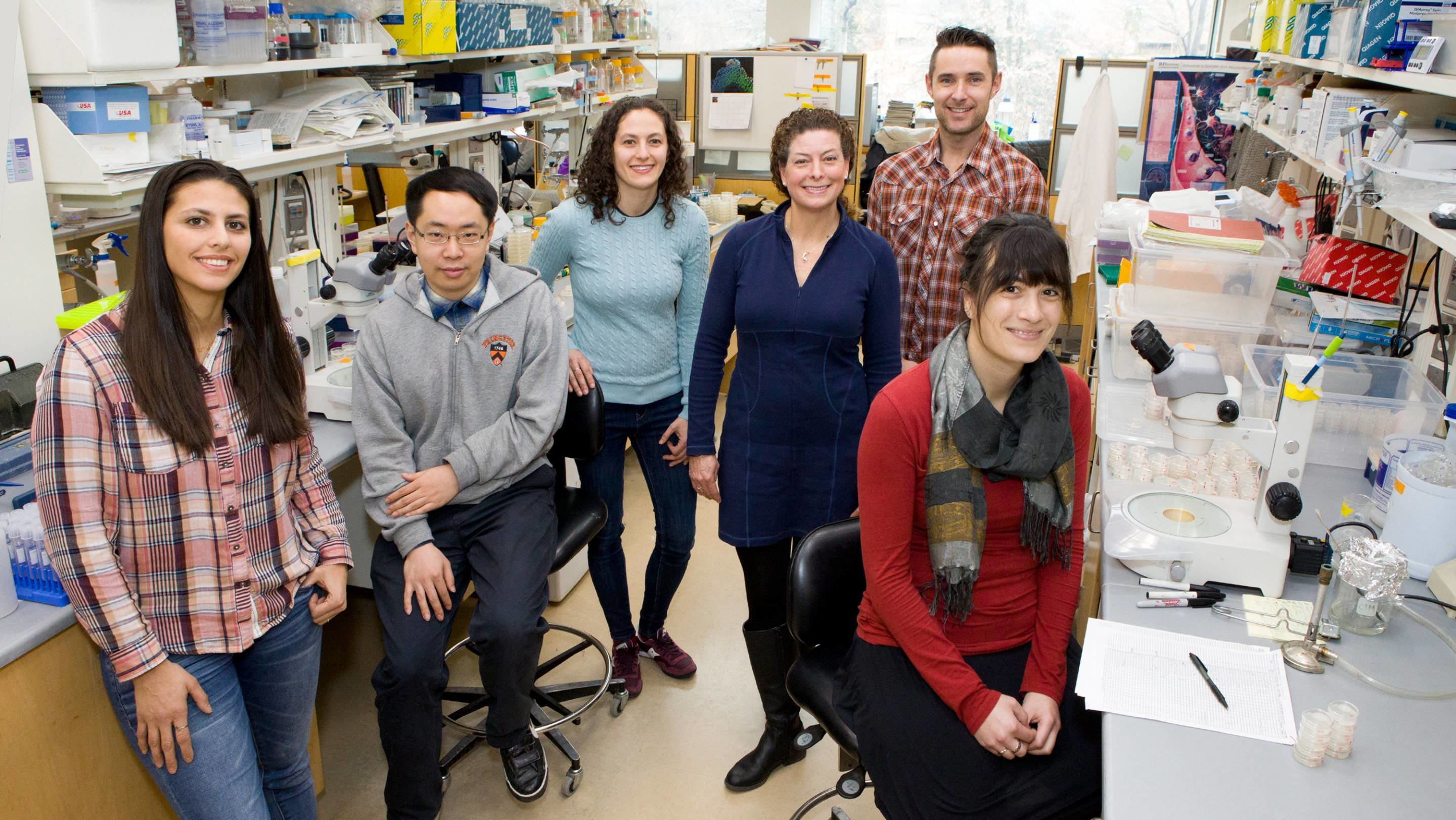Release date: 2018-03-01 Image source: Current Biology (DOI: https://doi.org/10.1016/j.cub.2018.01.052) On February 22nd, this breakthrough was published in Current Biology under the title "Insulin Signaling Regulates Oocyte Quality Maintenance with Age via Cathepsin B Activity." Coleen T. Murphy, a professor of molecular biology who led the research, said: "One of the most important characteristics of aging is the loss of fertility in the middle of adulthood. At the age of 35, women begin to experience decline in fertility, increased abortion and age with mothers. Related birth defects. All of these problems are thought to be caused by a drop in egg quality, not an egg deficiency." Ten years ago, when Professor Murphy reviewed the literature on aging and reproductive health, he found that researchers ignored an important question: how to maintain egg quality as they age. After that, her team started research on this. Subject: Nematodes The research team has long used a tiny nematode (Caenorhabditis elegans) to study longevity. This is because nematodes have many of the same genes as humans, including those that drive the aging process. A few years ago, Murphy et al. found that nematodes not only showed a similar mid-life decline in human reproduction, but also showed that unfertilized eggs (oocytes) also showed up with age. The similar quality of human eggs is degraded. Image source: Network Key protein: cathepsin B To investigate the reasons behind this phenomenon, the researchers focused on healthy young eggs and genes and proteins in low-quality aging eggs. In this study, they identified cathepsin B, a key protein found in aging nematode oocytes. The ability to block cathepsin B provides an opportunity to test its effects. Professor Murphy explained: "Blocking cathepsin B brings at least 3 possibilities: 1) The protein is only an ineffective marker of oocytes, in which case blocking it is ineffective; 2) the protein The increase in expression is a compensatory mechanism against the effects of aging, in which case blocking its activity makes the situation worse; 3) the expression of the protein itself is part of the cause of the decline in egg quality. In this case, blocking it will help slow down the decline in egg quality associated with aging." Gratifying results: can improve egg quality In the study, the first part of the experiment confirmed that after blocking cathepsin B with drugs, the treated nematodes still contained healthy eggs long after the control nematodes lost healthy eggs. This shows that the third possibility is correct. However, in the above experiments, scientists used drugs at the beginning of the worms'reproductive window (equivalent to puberty), so even if the drug is effective, it does not help adult women. The left panel shows that the nematode has a healthy, approximately square, unfertilized egg at the beginning of the reproductive window period (day 1 of the nematode adulthood). The right picture (top) shows that untreated nematodes carry unusually small, malformed eggs on day 7 of adulthood. The right (bottom) shows that on day 7 of adulthood, nematodes treated with cathepsin B inhibitors still have healthy, approximately square eggs. Credit: Princeton University Professor Murphy said: "One of the drugs we want is that women can use it at the age of 35 to protect the still existing oocytes. This is what we will try next." In the next experiment, the co-first author of the paper, Nicole M. Templeman, waited until the nematode grew to half of the reproductive window (the third day of nematode adulthood, equivalent to the female 30), using the cathepsin B inhibitor. They have been processed. The results were very encouraging because the apparent difference between the treated nematodes and the control nematodes was again seen. Studies have confirmed that even in late administration, it can improve the egg quality of nematodes. At the same time, another experiment that completely knocked out the cathepsin B gene also succeeded in expanding the fertility of the nematode by about 10%. If applied to humans, this may amount to a 3-6 year extension of the reproductive cycle. "Seeing this result, Nicole is very restrained, but I jumped up." Professor Murphy recalls. Professor Murphy (Credit: Denise Applewhite, Princeton University) Important: Delaying loss of fertility In fact, many people have a hard time believing that “small nematodes have anything in common with mammals,†let alone humans. Fortunately, Professor Murphy et al. also found that cathepsin B, which affects nematode oocytes, also plays a similar role in dairy cows. But she also stressed that the cathepsin B inhibitor is far from ready for human testing. Sean Curran, an associate professor of biomedicine who was not involved in the study, said: "This is a very important study. The decline in fertility is a sign of aging, and although it is widespread, interventions to delay the loss of fertility have been lacking. Professor Murphy and colleagues have clearly identified a pharmacological target that can be used to suppress the decline in fertility associated with aging." Reference materials: Fertility breakthrough: New research could extend egg health with age Source: Bio-Exploration anesthesia mask,anesthetic mask,anesthesia gas mask,anesthetic face mask 2 MEDS TECHONOLOGY CO.,LTD , https://www.2-meds.com



Breakthrough results! A drug can improve egg quality or prolong female fertility for 3-6 years